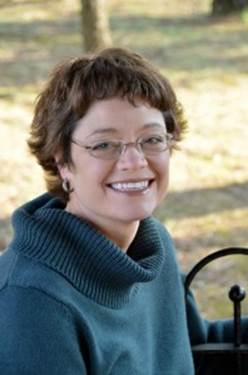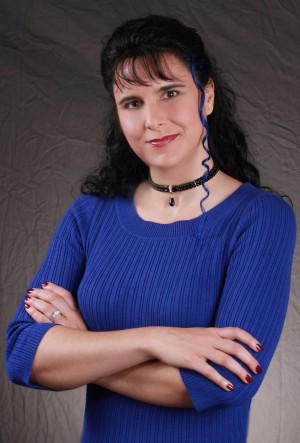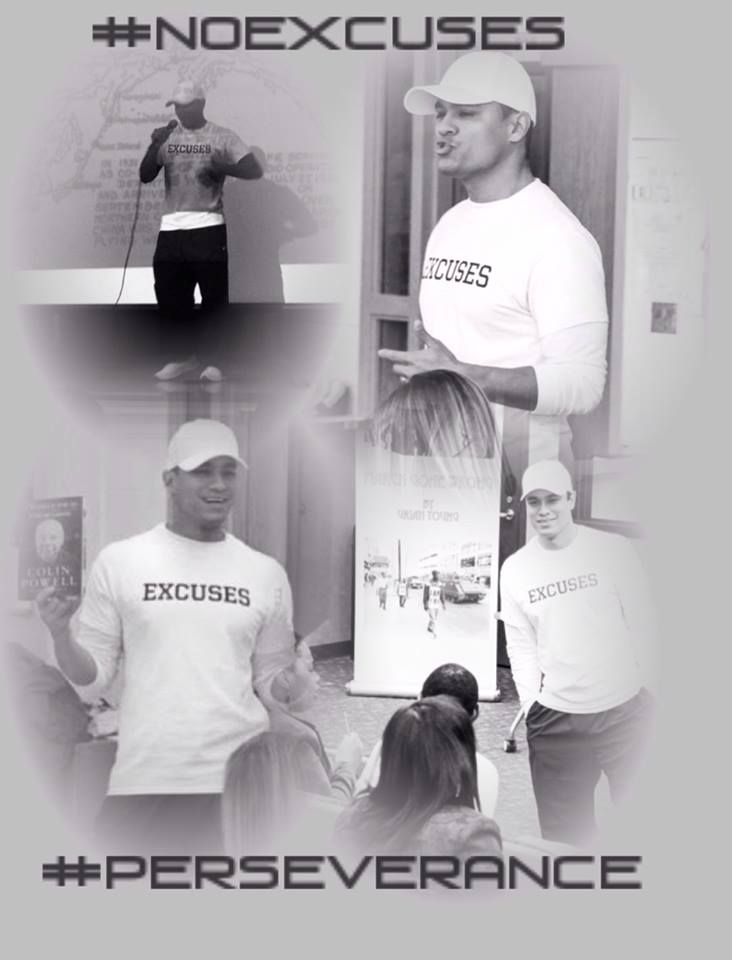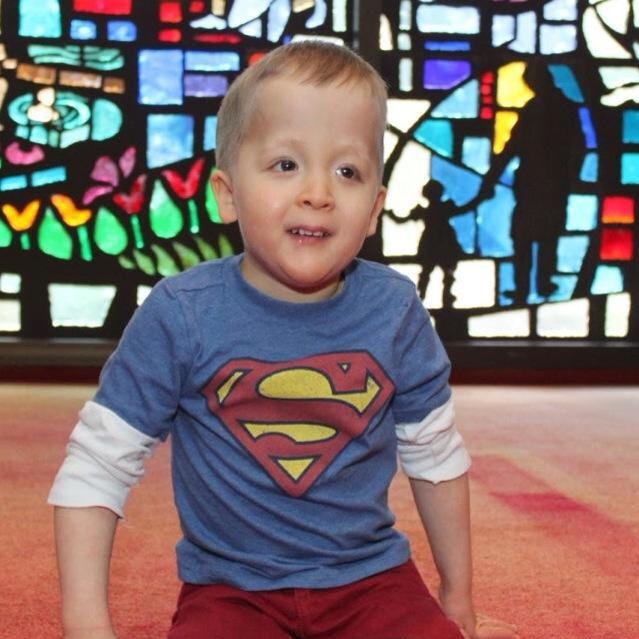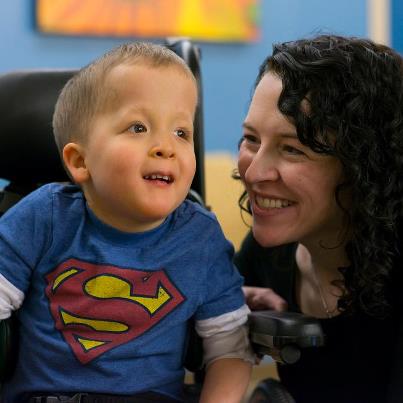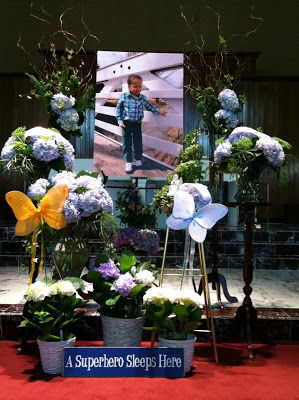I am usually a hybrid when it comes to outlining. I know my beginning and ending and a few of the big points in the middle, and then just let the words rip. For my current Work-In-Progress (WIP), I wanted to plan ahead more.
This is my first “from scratch” novel since my daughter was born. I know that I have much less free time to write, so I wanted to be able to make the most of the time I had. I figured if I knew what needed to happen next before I sat down to write, I could use my time more efficiently. So this time around, I decided to plot more.
First I just did the four major beats: turning point (end of Act I), midpoint, black moment (end of Act II), climax. That was enough to get me to the end of Act I, because the beginning had been very clear in my head. Then I looked ahead and realized I would need a more detailed outline—something new for me.
This book is new for me on many levels—in particular, it is dual point-of-view (POV). I realized after getting to the end of Act I that I needed to plot so that I could see the flow of POV chapters. During the messy middle the POV characters are separated (thus the need for 2 POVs). So I had to make sure one storyline was not much shorter than the other. And in doing so I realized I needed to bring in a third POV to make it all work.
The third POV is a spirit that possesses the female POV character, and the female POV character cannot see or hear what is happening while she is possessed. But the reader needs to know. So in essence the third POV takes the place of the first POV character at times. Confused, yet?
Yeah, that’s why I needed an outline.
Finally, this WIP is based on a complete but very poorly written novel I wrote about 30 years ago (yes, I was only 14). I always loved the characters and the premise, but I am a considerably better writer than I was as a freshman in high school. A year or so ago, these characters came back into my mind and would not leave. I got so enthused about writing them again that I had to do it.
The old manuscript had pretty much everything wrong with it, but it served as a rough guide. One big problem with it was that it was written in omniscient POV, which I had no intention of using in the new book. So when it came to the big battle scenes in the middle/end of Act II, I could not jump from POV to POV to POV of all these minor characters. Wrestling the main events of the battle (and events leading up to it) so my male POV could be in the key places was another huge reason I needed to outline.
Although based on the same premise as that old manuscript, this WIP is vastly different plot-wise, and vastly better craft-wise. I am so excited to be writing these old friends again and finally being able to do them justice.
Have you ever gone back to an old work and given it new life? Or has an old work given you new life?

